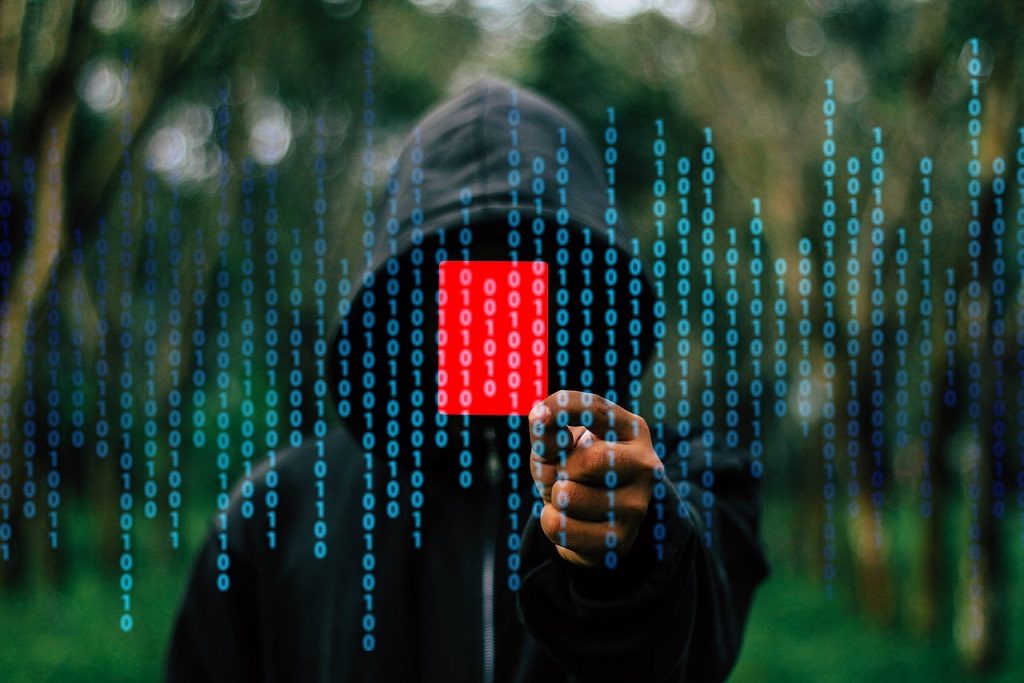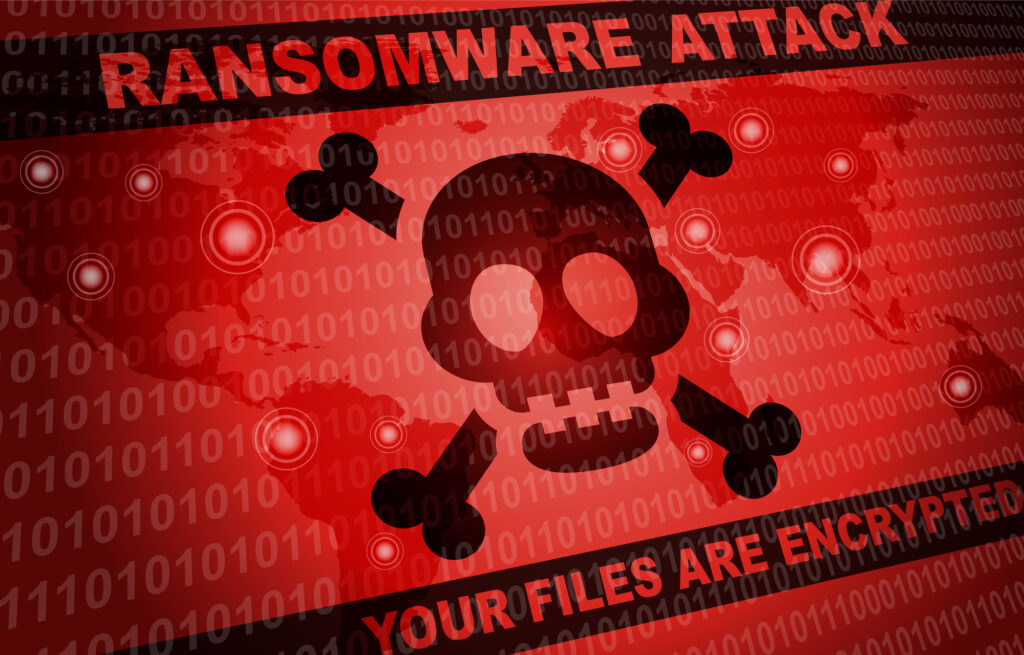An Israeli company providing a data management platform for cloud computing can go back in time within its system, potentially stopping businesses from falling prey to ransomware attacks that threaten their internal security and sensitive information.
Ransomware is a form of cyberattack in which a hacker takes control of an individual or organization’s data and prevents them from accessing it until a ransom is paid. And ionir believes it has the unique solution to such piracy.
ionir CEO Jacob Cherian tells NoCamels that more and more companies are creating their own software-defined cloud environments, with access restricted to authorized users, and reshaping their capabilities to meet their own needs.
“The definition of the cloud is changing because enterprises are finding out that there’s no one-size-fits-all for enterprises,” Cherian says.
“What they get from the public cloud is sometimes not enough. This might be because of cost reasons; there might be regulatory reasons, there might be data sovereignty reasons why a public cloud solution might not be the best option,” he explains.

Clouds are becoming user centered and user defined, Cherian adds. Whereas before, the provider – usually tech giants such as Google, Microsoft and Amazon – defined what the cloud was, now that is the prerogative of the user.
These software defined clouds can be deployed on dedicated infrastructure, in public clouds, and on the edge providing a consistent operating environment and services for applications.
But with that greater independence comes greater responsibility to defend against hackers – including ransomware attacks.
And so as part of its platform for software-defined storage and data clouds, ionir offers the ability to access data at any previous point in time, frustrating any ransomware attacks or other efforts to harm content located in the cloud.
“Any data that’s stored [with] us, you can go back in time and get the data back the way it was the second before,” Cherian says. “We can actually replay the way your data was from any second in the past.”
This form of cyberattack is growing. A 2023 report by Israeli cybersecurity company Cyberint said there were 55 percent more victims of ransomware attacks than in 2022. A Verizon investigation also found that more than one third of all companies worldwide reported being the victim of a ransomware attack.
“Think of those industries where ransomware is a big issue, [like] healthcare,” Cherian says.
Sign up for our free weekly newsletter
SubscribeHe cites the consumer website Comparitech, which every day tracks the number of ransomware attacks worldwide, which sectors are most targeted, how much ransom has been paid out since 2018 and how much damage they have caused.
And according to Comparitech, which compiles its data from institutions around the world, there have been around 5,500 confirmed ransomware attacks in the past six years, with an average ransom of $3.9 million.
“Think of how we can secure the data,” Cherian says. “You have a problem, you can go to your application log and find out when the encryption started, because that’s when your application stopped working. Go to the second before that, and get the data back the way it was.”

ionir was founded in 2018 as an evolution of its previous incarnation Reduxio. Cherian says that the ransomware-busting technology is partly based on work the company had done as Reduxio.
“We felt that this is going to be a need,” Cherian says. “So that’s why we have the right technology.”
Through a combination of bootstrapping and some private investment from such industry stalwarts as Jerusalem Venture Partners and C5 Capital, the company fully developed its new platform.
It is not just the unique ability to retrieve data from the past that sets the company apart, the CEO maintains. The ionir system is built to work within Kubernetes, the Google-created cloud computing operating system that is now the industry standard, but with rival platforms as well.
It also has a Data Teleport platform, which allows applications to be shared instantly and securely between clouds.
Today, ionir works primarily with companies in Israel and the US, although the names of these firms are not for public consumption, Cherian says. This month, the company received approval for a US patent for its digital storage system, and is now working on scaling up the platform without compromising quality and security.
“We think we have the right set of ideas around how to build out this platform,” he says. “We have the right set of pieces and we have the right environment to grow.”
Related posts

Editors’ & Readers’ Choice: 10 Favorite NoCamels Articles

Forward Facing: What Does The Future Hold For Israeli High-Tech?

Impact Innovation: Israeli Startups That Could Shape Our Future




Facebook comments